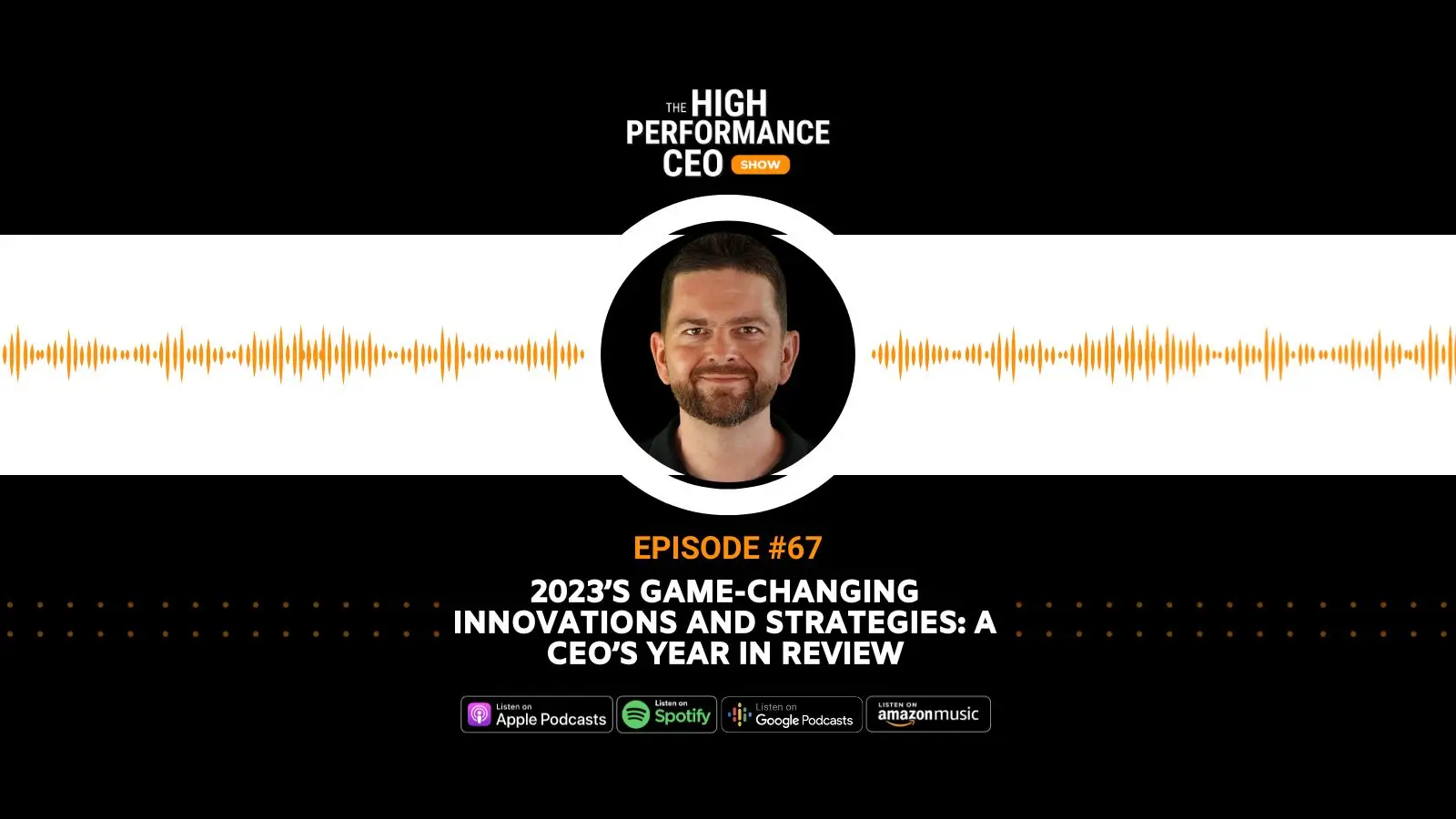5 min read
The New Classroom: Integrating AI in Education Technology
 Sebastian Schieke
:
Feb 9, 2024 11:00:00 AM
Sebastian Schieke
:
Feb 9, 2024 11:00:00 AM
.png)
Digital technology is reshaping every aspect of our lives today, and education is no different. So, in this blog post, we’ll dive into the intersection of artificial intelligence, online learning, and educational technology. We’re witnessing a whole new way of learning unfold right before our eyes. Julian Schröder, the CEO of Fuxam and an expert in the edtech space, joins us to shed light on how AI and the right tech processes play a crucial role in creating personalized learning experiences that truly connect with the digital age.
The interview with Julian shines a light on how integrating technology into education can be a game-changer. From using learning management systems to create engaging online courses to leveraging AI, machine learning, and digital platforms for personalized learning, the potential for improved outcomes and accessibility is immense. As we navigate the world of online classes, distance learning, and educational apps, Julian’s insights remind us of the importance of embracing advanced management systems and digital tools to create a dynamic learning environment.
Let’s explore how technology and innovation can empower learners worldwide.
Find Julian:
LinkedIn: https://www.linkedin.com/in/julian-schr%C3%B6der-b07aa5208/
Website: https://www.fuxam.com/
Key Discussion Points:
Revolutionizing Educational Technology through AI
Julian delves into how artificial intelligence redefines the educational landscape, emphasizing its potential to create highly personalized learning experiences. This theme revolves around several key aspects:
Personalization of the Learning Process
AI makes it possible to customize educational content based on each student’s strengths, weaknesses, and preferences. This personalization amps up engagement and boosts outcomes.
Efficiency and Accessibility
.jpg?width=655&height=369&name=ep73-blog%20(2).jpg)
Adding AI to educational platforms makes learning easier and more accessible. It can handle administrative tasks, give instant feedback, and open up education to people from all walks of life and corners of the world. This not only saves time for teachers and students but also makes education more inclusive and equitable. With AI, barriers to education such as physical distance, disabilities, and language barriers can be overcome.
Data-Driven Insights
AI systems are adept at analyzing loads of data to give insights into learning patterns. This helps educators and institutions make informed decisions about curriculum design and teaching methods. By tracking student progress, AI can identify areas where students are struggling and provide personalized recommendations for improvement. This benefits the individual student and improves the overall quality of education.
Future Skills Preparation
As the world relies increasingly on technology, integrating AI into education helps prepare students for the future workforce. It equips them with the skills they need to navigate a tech-driven world. Students can learn coding, data analysis, and problem-solving skills through AI. These are essential competencies for many in-demand jobs in the current job market.
.jpg?width=655&height=369&name=ep73-blog%20(3).jpg)
These points highlight a move towards more dynamic, inclusive, and effective learning environments in the bigger picture of education and AI. AI transforms how content is delivered and consumed and has the potential to reshape educational systems, making them more adaptable to the ever-changing demands of the 21st century.
AI’s Impact on Efficiency and Effectiveness
Julian is all about the incredible impact of AI on streamlining education. He shows how leveraging AI and other digital tech can produce remarkable results by analyzing and automating processes. He even mentions using tools like ChatGPT to optimize operations, boosting productivity and avoiding the need to expand the team immediately.
.jpg?width=655&height=369&name=ep73-blog%20(4).jpg)
The strategic use of AI in educational processes emphasizes a broader implication for integrating technology in education. It shows how AI has the potential to revolutionize learning management systems, making them more responsive and adaptable to the needs of educators and learners. By automating routine tasks and analyzing large amounts of educational data, we can create more personalized learning experiences.
The impact of AI’s efficiency and effectiveness goes beyond just optimizing operations. It’s about revolutionizing the educational experience, envisioning a future where digital learning platforms, online courses, and educational apps seamlessly integrate with AI to improve learning. This integration not only enhances the delivery of educational content but also creates a more engaging, inclusive, and adaptive learning environment.
Innovative Approaches to Learning
In the podcast, Julian Schröder emphasizes how AI and digital technologies are pivotal in crafting new educational paradigms.
Transforming Learning Environments with AI
Julian’s learning and teaching approach involves leveraging AI to create dynamic and interactive learning environments. It’s about breaking free from traditional boundaries and embracing advanced digital technologies to make learning engaging, flexible, and personalized. This adaptability is essential in business contexts, where continuous learning and skill adaptation are crucial.
Personalizing Education Through AI
Regarding educational apps and online courses, AI can create personalized learning paths. The content is tailored to match the learner’s pace, preferences, and performance. Doing so can make learning more effective and significantly increase learner engagement and retention.
Streamlining Education with AI-Powered Systems
Julian’s innovative approach uses AI-powered learning management systems to make content delivery, assessment, and feedback processes more efficient. These systems can give real-time insights into learner progress, helping educators and trainers in business settings make well-informed decisions about interventions and support.
Beyond Traditional Learning: AI in Corporate Training
These approaches go beyond traditional methods and make their mark in online learning, distance education, and corporate training. In a business setting, these AI-driven educational strategies can help companies train their workforce more efficiently, align training with organizational goals, and ultimately create a skilled and adaptable workforce ready to take on the ever-changing market.
Envisioning an Inclusive and Adaptive Educational Ecosystem
By incorporating technology into the learning process, Julian’s vision represents a significant shift towards a more inclusive, adaptive, and effective educational ecosystem. This paradigm shift not only caters to the diverse needs of learners but also aligns with the broader goals of educational technology to improve learning outcomes and prepare individuals for success in a digitalized world.
The Future of Education and Leadership
.jpg?width=655&height=369&name=ep73-blog%20(5).jpg)
Technologies like AI constantly evolve and will completely change how we think about education and leadership. The main focus of the interview with Julian is to look ahead and analyze how these technological advancements will shape how we approach teaching and leadership.
The conversation highlights how digital learning platforms, online courses, and AI-powered educational apps play a more significant role in offering adaptive and personalized learning experiences. This shift in educational technology is transforming how we learn and has important implications for leaders in and outside educational institutions. Leaders must be tech-savvy, embracing innovative tools and approaches to create a culture of ongoing learning and adaptation.
In today’s digital era, education and leadership are coming together, and AI plays a crucial role in this convergence. It’s not just about improving how educational content is delivered but also about shaping the skills and qualities of the leaders of tomorrow. Integrating technology into education can equip future leaders with the necessary skills to navigate a complex, digitalized world. This means developing critical thinking and digital literacy and leveraging AI and machine learning for effective problem-solving and decision-making.
These changes have broader societal implications, like the importance of having fair access to technology-enhanced education, ethical considerations when using AI, and how digital technologies can level the playing field for learning across different demographics and geographies.
The future of education and leadership in evolving technologies is a complex topic. We’re looking at things like integrating AI into education, transforming leadership skills for a digital future, and considering the broader impacts on society. It’s all about how technology shapes how we learn and lead in the 21st century.
.jpg?width=655&height=369&name=ep73-blog%20(6).jpg)
Key episode moments
03:34.03 - The Overhead Projector Anecdote: Julian humorously discusses frequent mentions of outdated overhead projectors, symbolizing the need for modernization in education.
04:03.498 - Analog vs. Digital Learning: He reflects on the inconsistency of using digital tools for learning but reverting to pen and paper for exams, highlighting the need for a cohesive digital approach.
05:00.162 - Foundation of Fuxam: Julian shares the inception story of Fuxam, starting with the idea's pitch to his co-founder during a university event.
06:42.734 - Emphasizing Educational Transformation: The discussion shifts towards the broader need for transformation within the education system, underlining the foundational purpose of Fuxam.
10:54.418 - Individual Learning Journeys: Julian explains Fuxam's aim to create personalized learning experiences through initial assessments and tailored content.
12:21.11 - AI-Enhanced Learning: He discusses using AI to engage with educational content, enhancing understanding and retention interactively.
13:43.478 - Collaborative Development: Julian describes Fuxam's approach to feature development, emphasizing collaboration with test and current clients to refine their offerings.
15:26.238 - Trends in Education: The conversation turns to the slow pace of innovation within the education sector and the distinct agility of private institutions compared to public ones.
18:53.622 - AI as a Supportive Tool: Julian highlights the role of AI in Fuxam's software as augmenting, not replacing, the functions of educators and administrators.
20:35.106 - Entrepreneurial Journey: He reflects on the rapid development of Fuxam from an idea to a significant player in the educational technology space, emphasizing the commitment required for such growth.
24:36.911 - Vision for Fuxam: Julian shares his long-term vision for Fuxam, aspiring to make it a leading global player in the educational market by offering a comprehensive digital platform.
Check out our other channels:
Instagram: https://www.instagram.com/sebastian.schieke.official
YouTube: https://www.youtube.com/@thpcshow
LinkedIn: https://linkedin.com/in/sebastianschieke
Website: https://www.sebastianschieke.com







.jpg)
